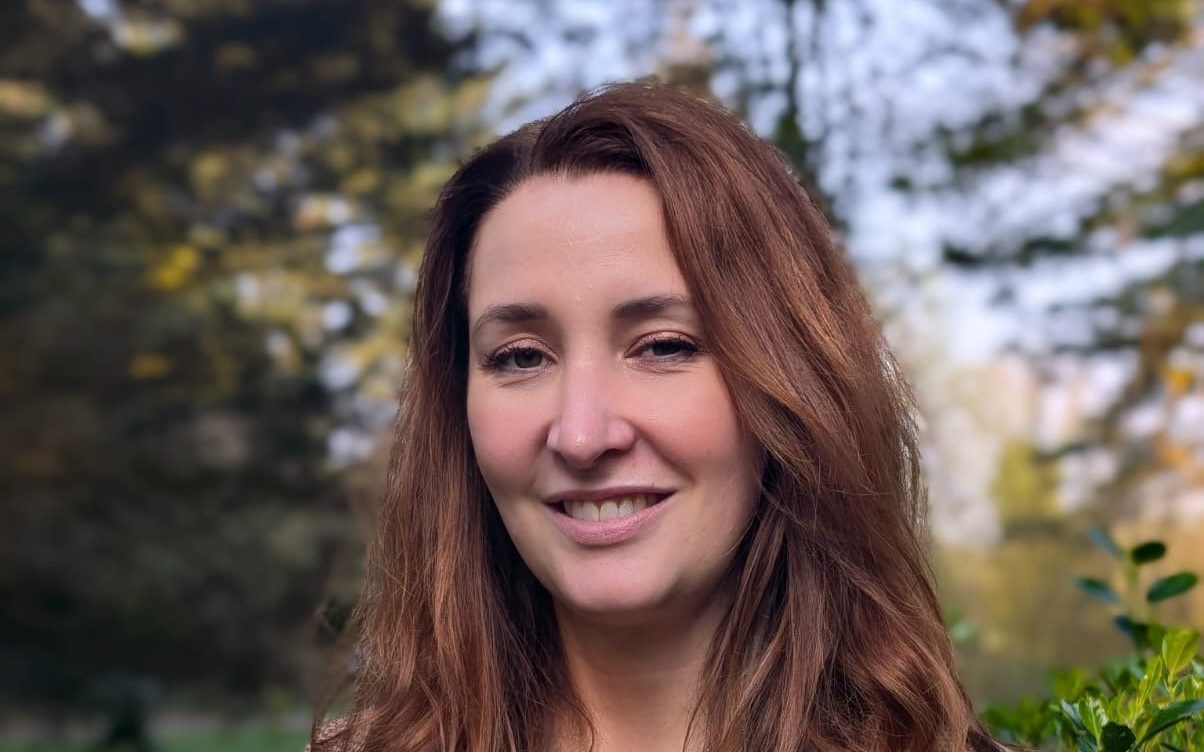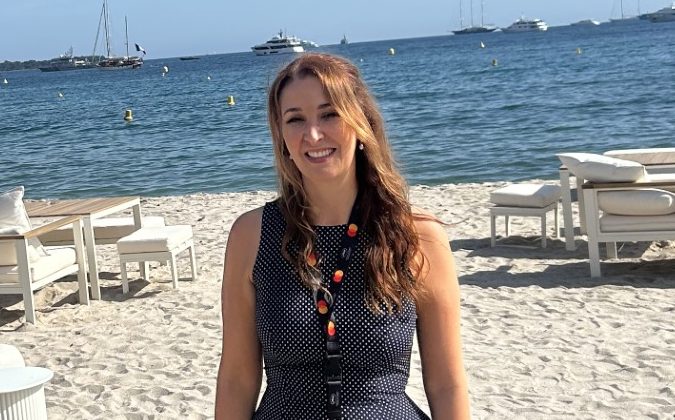
I was by myself in a hospital bed when a consultant entered the room.
In 2010, when I was 19 years old, I began encountering bloody diarrhea for three months.
That's when I heard something unforgettable: 'Be prepared for the worst since your symptoms might indicate a serious condition.' bowel cancer .’
Although I realize they might have been attempting to ready me for it, this provided minimal consolation. Consequently, I promptly broke down in tears.
I was scared stiff and had no desire to perish.
This all started five months earlier when I contracted food poisoning from uncooked chicken at a chain restaurant while in my final semester of first-year at university.
Ever since then, I've been dealing with vomiting and diarrhea, spending nearly all my awake hours near a bathroom—sometimes as frequently as eight to ten times daily. This forced me to cancel outings with friends and avoid drinking. alcohol As it exacerbated my symptoms.

In the end, I visited my general practitioner, who subsequently sent me to a gastroenterologist for some tests.
Sadly, before my hospital referral could be processed, I contracted a virus. I wasn't able to retain any food, and I was losing weight quickly as a result. losing weight from bloody diarrhea, I had a high temperature, and generally felt rubbish.
Yet all I was given to fight it off was some anti-sickness tablets and the advice to ‘rest up’.
After two weeks of this, I realised I wasn’t getting any better. So my parents took me to A&E, where I was admitted.
There, doctors administered fluids and steroids.

The following week at the hospital was a deeply anxious period as we waited for the diagnosis.
It was then that one of the consultants mentioned the possibility of me having bowel cancer. This frightened me.
In the meantime, I remained on a substantial regimen of steroids, which fortunately assisted in gradually alleviating my symptoms. Subsequently, I underwent a colonoscopy, during which I received my formal diagnosis. Ulcerative Colitis .
This chronic ailment leads to inflammation and ulcers in the lower intestine, resulting in numerous symptoms such as diarrhea, abdominal pain, and severe tiredness — issues that I experienced personally.
Essentially, food poisoning triggered My initial bout with ulcerative colitis led to my immune system turning against me, which also clarified why I had such a hard time fighting off that virus.

I stayed at the hospital for more than seven days as the doctors worked to stabilize my health. However, despite being discharged, I felt extremely frail.
Not only had I lost so much weight due to the flare-up, but it was also really mentally draining trying to adjust to life with a lifelong, incurable illness.
Thankfully, over the next year, I started to gain my strength back. I turned to the charity Crohns & Colitis UK, who provided a ‘can’t wait’ card – which makes it easier to ask to use toilets in public places without having to give a long explanation – and a radar key for me to use disabled bathrooms.
I also joined Facebook groups like Colitis UK – being able to speak to others with the same condition as me has really helped me mentally overcome my diagnosis and feel less alone.

I consistently emphasize that there isn’t a universal remedy for this ailment. What works for certain individuals might not be effective for others, which unfortunately is how things stand with this condition. autoimmune conditions .
I'm currently taking preventive medication, which has managed the condition effectively over the past several years. I consume it daily and will likely continue indefinitely to prevent my immune system from turning against me. However, I genuinely feel fortunate about this situation.
Certainly, there are still pleasant times and challenging moments.
In 2013, when I began my career in television, I faced frequent flare-ups because of the extended work hours, high stress levels, and insufficient attention to personal well-being.
Being disabled and from a northern working-class background, the odds were against me, but somehow, I made it and maintained a freelance career for almost a decade.
People with disabilities in the UK television sector
As stated by the Creative Diversity Network, the input from disabled individuals, whether behind-the-scenes or appearing in front of the camera, constitutes approximately 8%. This figure is still below their representation in the general populace, which stands at roughly 17%.
Actually, based on the present pace of advancement, it will not be until 2041 before disabled individuals achieve proper representation within the UK television sector.
The industry, however, eventually took its toll on me, and I made the initial decision to leave for my own mental and physical health in 2021.
Now, I am working with Beacon Films, a production company in the North East of England that supports the talents of disabled and neurodivergent filmmakers.
I'm a member of Inclusive Lens, an industry inclusion group aiming to bring about positive changes. The television industry for individuals with disabilities .

The true understanding of disability is often misinterpreted. This makes it crucial to engage in dialogues aimed at transforming these misunderstandings eventually.
In my case, reducing the occurrence of flare-ups has been achieved through preventive medications, switching careers, regular exercise, practicing self-advocacy, and collaborating with an excellent IBD team along with a highly supportive general practitioner.
Today, 15 years after my initial diagnosis, I've been in remission for the past several years—a situation that once seemed highly improbable when the specialist advised me to brace myself for the worst.
Indeed, experiencing brain fog, anemia, and joint pain—even outside of my flare-up periods—continues to be part of living with this illness. However, the fortitude and tenacity I've gained through dealing with this disease remain truly remarkable.
Receiving a diagnosis for an autoimmune condition transforms your life; it imparts patience upon you, pushing you almost to your limits. Yet, even after everything, this experience does not encapsulate your identity.
Would you like to share your story? Reach out via email for us to connect. James.Besanvalle@.co.uk .
Share your views in the comments below.
Sign up to 's The Slice newsletter for your guide to what's on in London, with trusted reviews, offers and giveaways.
Komentar
Posting Komentar